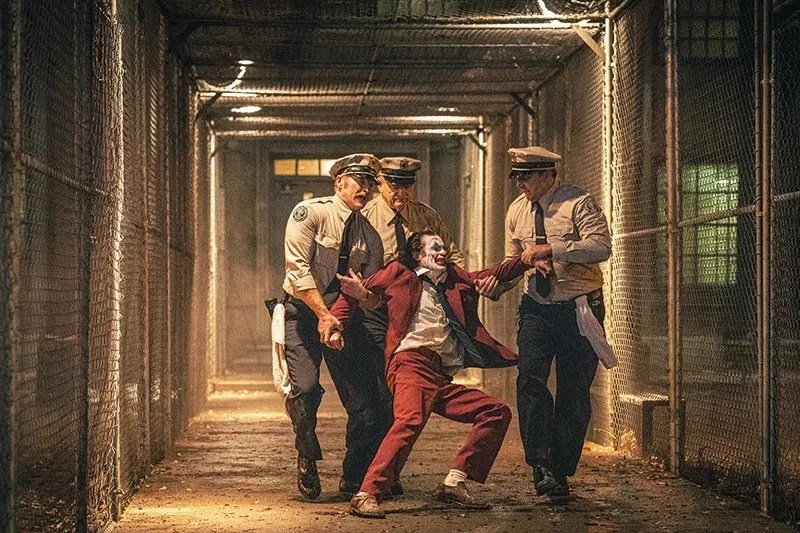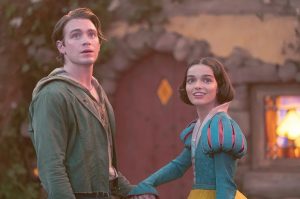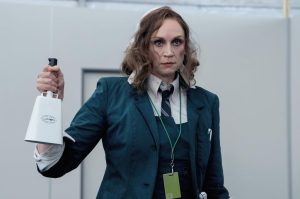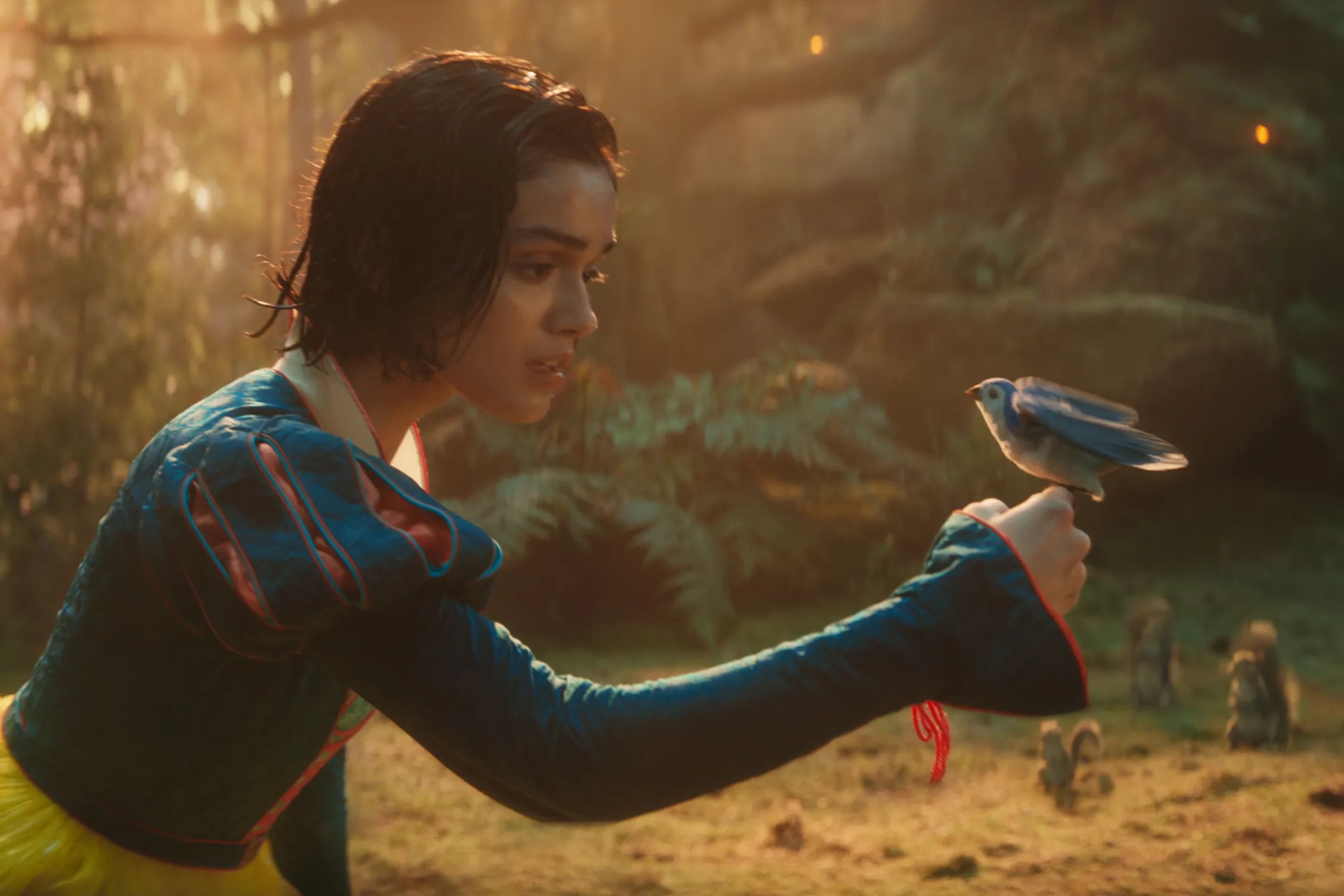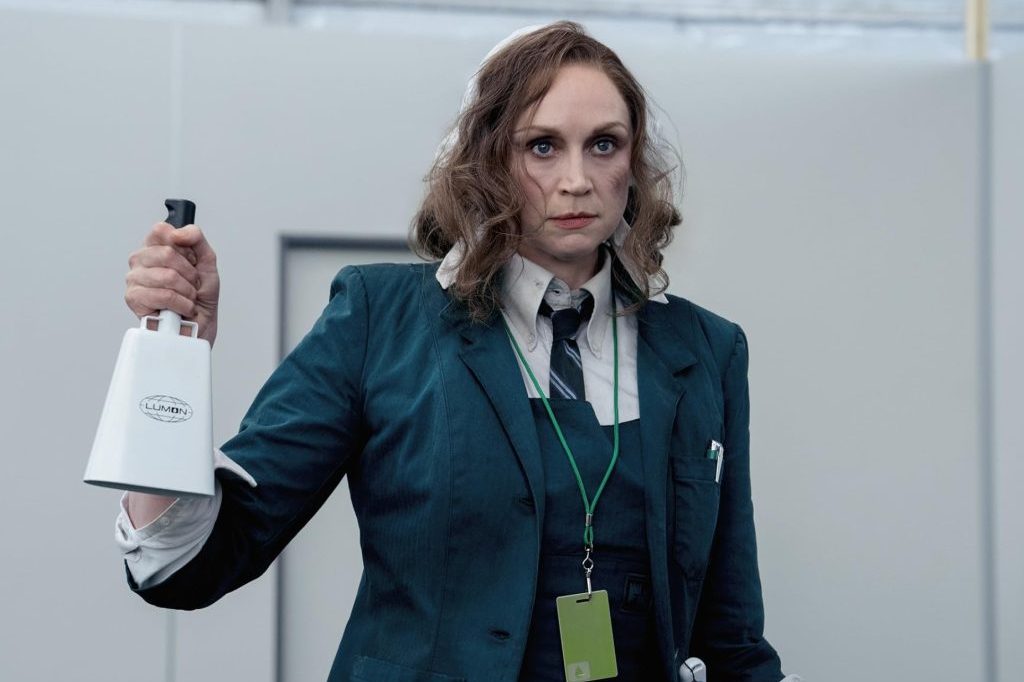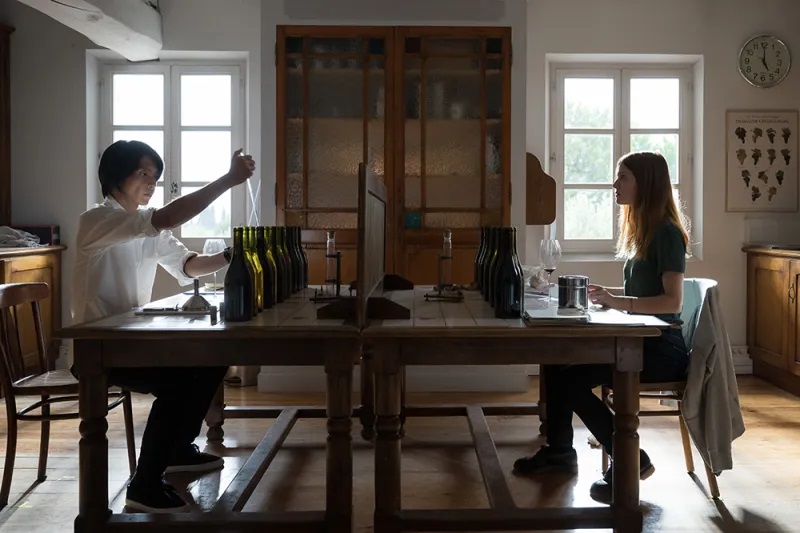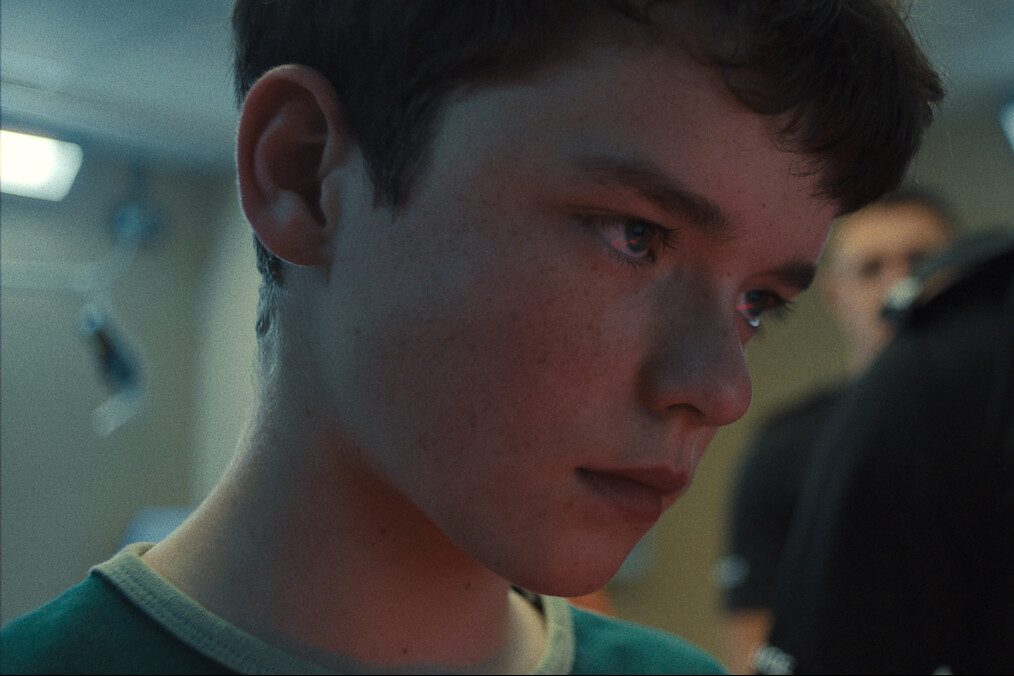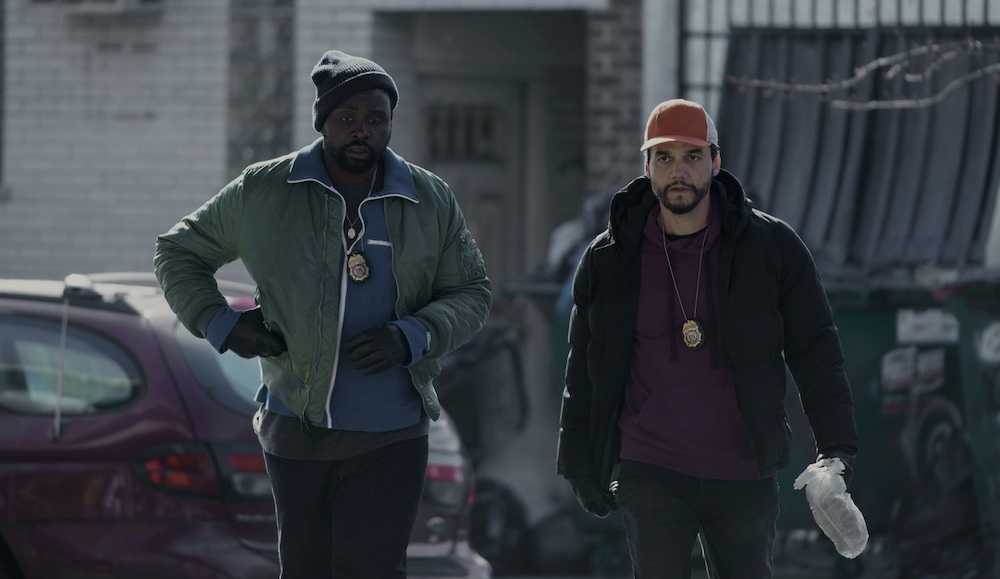Joker: Folie à Deux is the sequel to Joker (2019), and you have to admire Todd Phillips for returning with a jukebox musical, co-starring Lady Gaga, and not giving fans what they expected — or wanted. (There were quite a few walkouts where I saw it.)
It feels like a film that hates its audience. And itself
But it’s not what anyone else wanted, either. It’s so inert and pointless that if staying the course isn’t the issue it’s only because staying awake is. I don’t blame Joaquin Phoenix; no one has worked harder at trying to sing since Pierce Brosnan in Mamma Mia!. He deserves some recognition for that — although whether acting as if you are in tune is enough to secure a second Oscar, I can’t say.
The first film was intended to be a standalone venture, but after it went on to make a billion at the box office and Phoenix won the Oscar for best actor, there was an inevitable change of heart. So here we are, back with a character who is a million miles from the television Joker of our childhoods. That Joker was played by Cesar Romero, who cackled riotously and did not go on violent killing sprees — but could turn water into jelly. (Oh, innocent times!)
This Joker (real name Arthur Fleck) is bleak, dark and nihilistic. A failed clown, he is angry, lonely, disenfranchised, desperate for attention and driven to commit terrible acts. He is a combination of Travis Bickle from Taxi Driver and Rupert Pupkin from The King of Comedy. And now Phillips has run out of Scorsese films to rip off he doesn’t seem to know where to go.
We take up the story with Arthur incarcerated in Arkham Asylum (he murdered five people, remember; one live on television) where he’s essentially trapped for the next two hours. As are we. He is still tortured, withdrawn, gaunt, with that random, maniacal laugh. His guard (Brendan Gleeson) signs him up for music therapy where he meets fellow inmate Lee Quinzel (Gaga) who is crazy about the Joker — a superfan, you might say, and an extremely poorly written character. Halfway through you will learn she’s been lying about everything. So who is she exactly? No idea.
What we do know is that they fall in love. Or do they? The lines between fantasy and reality are so blurred it’s impossible to say. The musical numbers — “For Once In My Life;” “Get Happy;” “That’s Entertainment” — don’t appear to have any big ideas behind them and feel like they’ve been airlifted in from another film. (Someone in the audience laughed when Phoenix first sang.)
The songs don’t move the plot along — but then nothing moves the plot along. I kept waiting for the film to really start. It never did. There’s just a lot of milling around — with the guards, the other inmates, the psychiatrists. There is an upcoming trial but that’s not to determine guilt or innocence, only whether the Joker deserves the death penalty. The trial is besieged by his supporters and it seemed to me that if the film was saying anything, it was directed at the fans of the first movie. It’s asking them: why? Why hero worship a criminally insane serial killer? Why do you attend screenings in Joker make-up? It feels like a film that hates its audience. And itself.
It is also confusing. If the first Joker was an “origin” story, where are we now? Why no Batman and Robin? What universe is he in? As for Phoenix and Gaga, they’re both terrific at what they do but are ill-served by a script that does not allow for any character progression. It made me long for the Joker from my childhood. At least he was fun and had sneezing powder.
This article was originally published in The Spectator’s UK magazine. Subscribe to the World edition here.



